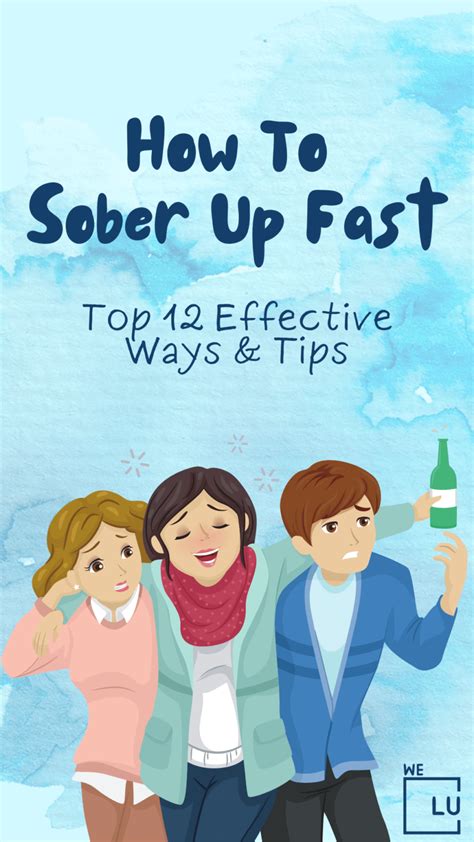How to Sober Up Quick: Safe and Effective Strategies
So, you've had a little too much to drink and need to sober up quickly? We understand. This isn't a guide to encourage irresponsible drinking, but rather a resource for those who find themselves needing to regain their clarity and composure. Safety is paramount, and these strategies prioritize your well-being.
Disclaimer: This information is for educational purposes only and should not be considered medical advice. If you are experiencing severe alcohol intoxication, seek immediate medical attention.
Understanding Alcohol's Effects
Before we dive into methods, let's understand that there's no magic bullet for instant sobriety. Alcohol's effects on your body take time to wear off. The process depends on factors like your metabolism, how much you drank, and your body weight.
Strategies to Help You Sober Up Faster
These methods won't magically reverse intoxication, but they can help your body process the alcohol more efficiently and alleviate some symptoms.
1. Time: The Most Important Factor
Patience is key. The only surefire way to sober up is to give your body time to metabolize the alcohol. This typically takes around one hour per standard drink.
2. Hydration is Crucial
Dehydration exacerbates hangover symptoms. Drink plenty of water, or consider electrolyte drinks to replenish lost fluids and minerals. Avoid sugary drinks, as they can worsen the situation.
3. Fresh Air and Rest
Getting some fresh air can help. A walk in the fresh air can increase oxygen levels and help you feel more alert. Rest is also essential; getting some sleep allows your body to focus on recovery.
4. Food Intake: Power Up Your Metabolism
Avoid greasy or heavy foods that can upset your stomach. Opt for lighter, easily digestible foods like crackers or toast.
5. Avoid Caffeine and More Alcohol
These might seem like they'll help, but caffeine can dehydrate you further, and more alcohol will only prolong the process and potentially worsen your condition.
6. Consider Over-the-Counter Remedies
Some over-the-counter medications can help manage hangover symptoms like pain and nausea. Always follow the instructions on the label and consider consulting a pharmacist if you have any questions or concerns.
When to Seek Medical Help
It's crucial to know when to seek professional help. If you experience any of the following, contact emergency services immediately:
- Difficulty breathing
- Loss of consciousness
- Severe vomiting
- Seizures
- Confusion or disorientation
- Chest pain
Long-Term Solutions: Addressing Alcohol Consumption
If you frequently find yourself needing to sober up quickly, it's a sign that your alcohol consumption might be problematic. Consider seeking professional help from a doctor or therapist. They can provide guidance and support to manage your alcohol use.
This article provides helpful information, but remember, it's not a replacement for professional medical advice. Prioritize your health and safety.
